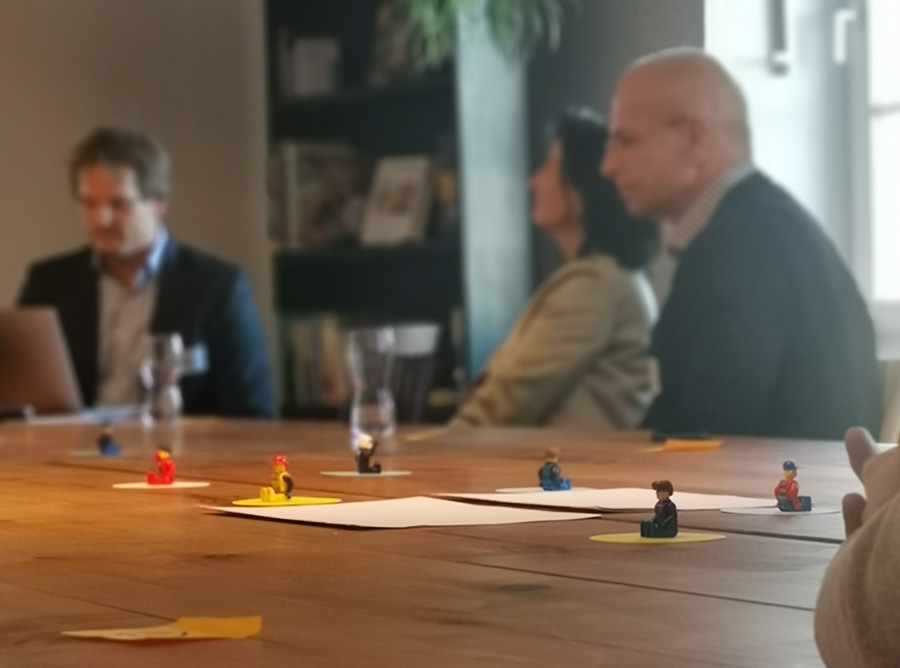Communication
komunariko and communication – they have belonged together for over 35 years. Our perspective is this: Without effective communication, there can be no true understanding, no trust, no agreement, and no effective collaboration. Not even the most agile leadership or the most enjoyable team-building efforts can compensate for that. Communication is the foundation of all teamwork.
We support your organization in developing appropriate communication spaces and provide training around this topic. Enhance the effectiveness of your leaders and teams—for clear, constructive, and impactful communication within your organization.
Our offer
For managers | For organizations | For teams | Personal competence



